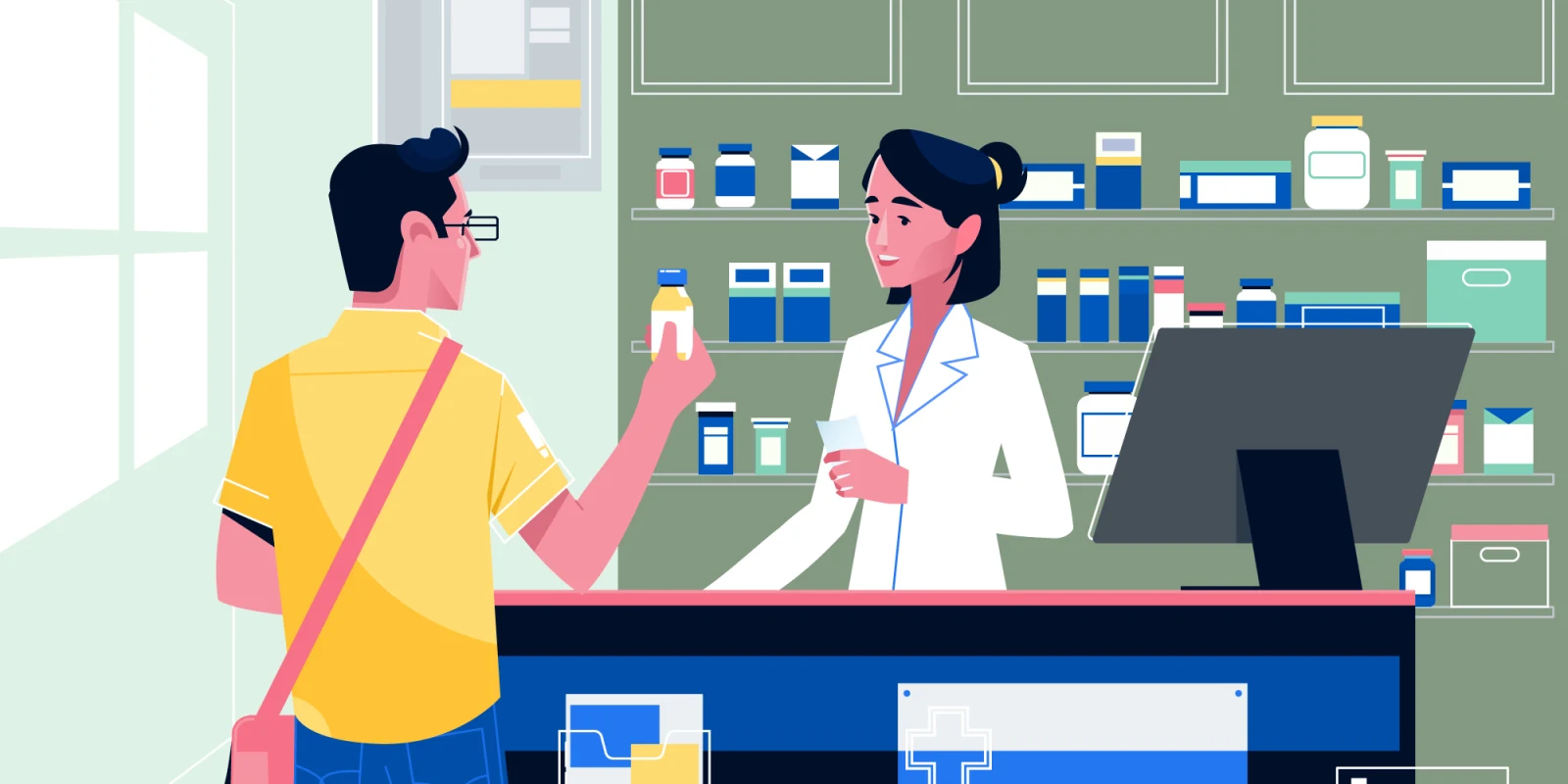
As with any medical profession, the path to becoming a pharmacist is an arduous undertaking that requires determination, sacrifice, and tenacity. But whether we wear a consultation jacket, scrubs, or a pair of jeans, pharmacists appear to carry the burden of being the health care system’s red-headed stepchild or scapegoat.
Every day, pharmacists save and improve lives not only by famously (and expectedly) preventing important drug interactions, but we also carry out many other duties such as helping patients improve their adherence; advocating for patients who fear speaking up, feel their voices are unheard, or are unsure of how to navigate the health care system; solving payer-related problems; or even serving as an ad hoc counselor. We are often a patient’s first stop when they need help figuring out whether that bee sting can be treated over the counter or if it demands a trip to the ER. We become a confidante when a patient keeps getting treated for a venereal disease because her partner remains unfaithful but refuses to get tested or change his habits. We play counselor to the patient who needs to vent about why he takes anxiety medication to help cope with having survived childhood abuse.
We wear many hats. Yet, in a seemingly cruel twist of fate, our contributions to the health care industry seem to lurk in the shadows of the treatment paradigm. All too often, we spend time preaching to the choir about what we contribute when it might be more impactful to garner some crossover appeal to health care’s popular culture, which seems to include just about every other health care professional but pharmacists.
As my colleague, Jason Varin, PharmD, assistant professor and director of alumni relations at the University of Minnesota College of Pharmacy wrote in an email, “If in the 22 years that I practiced, I prevented two liver transplants from acetaminophen overdose and prevented one tractor-trailer driver from falling asleep at the wheel and hitting other vehicles because the driver selected a cold medicine that made them drowsy, chances are the expenses associated with these horrible outcomes would more than pay for my salary over my entire career, and a couple other pharmacists salaries as well. I assure you I and other pharmacists have each saved patients and society many, many times more than that.”
Yes, many pharmacists involved in patient care achieve such gargantuan feats on a regular basis, never seeking praise or acknowledgement. While pharmacists historically never charged for such services, pharmacy practice cannot continue to support a gratis services amidst a climate of plummeting profits, dwindling salaries, and impending layoffs. Provided by any other health care professional, such services would likely incur a copay in addition to other charges; yet, people oddly balk at the idea of pharmacists “suddenly” asking to be compensated for services that we have historically provided free of charge as if it were a presumptuous request.
To put this into context, I had Amazon Prime membership back when it was invitation-only and free. While I wasn’t crazy about having to pay when they first started charging, I also quickly recognized that the flat rate for expedited shipping was a bargain given my high volume of orders at the time. Now that my shipments have slowed down, I no longer have a need for such services, and when I do, I opt for slower shipping services. Not only is it cheaper as a non-Prime member, but it is also more environmentally friendly because I reduce my carbon footprint by ordering less frequently and consolidating shipments.
Perhaps re-evaluating how pharmacists are compensated based on demand would not only help preserve the profession by assigning greater value to the services we provide; it might also help others to recognize our value more easily by causing them to think about cost-versus-benefit before approaching the counter.
Even more perplexing is that, in an ironic twist of fate, we must constantly explain ourselves, justifying our value as practitioners and the necessity of our profession, regardless of where we practice or work. It is widely known that disappearing profits have forced many independent pharmacies to close, but the big box pharmacies are suffering, too — even if they have greater staying power.
Moreover, pharmacy departments in some health care systems have resorted to demonstrating their value in the form of purported benefits such as cost avoidance or improved outcomes — all with hopes of justifying their worth in the eyes of hospital management and other stakeholders. Some pharmacy jobs are being eliminated altogether. Some organizations appear to reluctantly place pharmacists in certain roles as a last resort or safeguard, viewing us as a necessary evil.
While intra-professional recognition is important — especially to encourage rising pharmacists and foster leadership — perhaps more crucial is that we expand our reach to the masses. Not only must we work to make other professionals recognize the value we bring to the patient care experience, but we must elevate our value in the eyes of the masses to make them understand we are not replaceable commodities.
Perhaps the more important underlying narrative here is that it takes a village to take care of a patient. All health care professionals have value — regardless of the title. The physician is the captain of the football team, but he or she cannot throw a successful touchdown pass without teammates who play a strong, supportive defense.
To that end, I ask all readers: How can pharmacists transform how we are perceived by patients and other health care providers alike?
In addition to being a licensed pharmacist, Frieda Wiley, PharmD is a contract medical writer and consultant who has written for WebMD, Costco Connection, and the National Institutes of Health. Before launching a full-time writing and consulting career, she practiced in managed care and community pharmacy. She consulted for Pfizer earlier this year. Frieda Wiley is a 2019-2020 Doximity Fellow.







